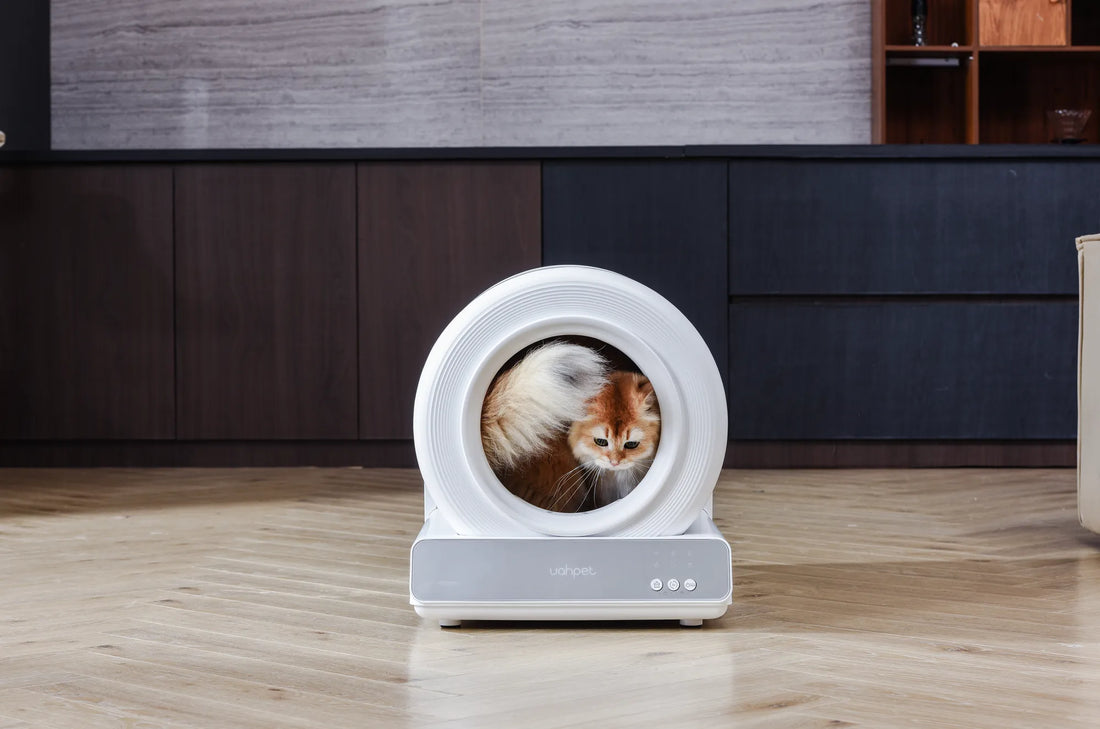If you've recently noticed your cat laying in the litter box after surgery, you're likely concerned and wondering what could be causing this unusual behavior. Cats are known for their quirky habits, but this particular action can be alarming for pet owners. Understanding the reasons behind this behavior is crucial to ensuring your feline friend's well-being and helping them recover smoothly.
Understanding Your Cat's Behavior Post-Surgery
After surgery, cats often experience a range of physical and emotional changes. The stress of the procedure, combined with the effects of anesthesia, can lead to behaviors that are out of the ordinary. Laying in the litter box is one such behavior that may indicate discomfort, anxiety, or a need for security.
Physical Discomfort and Pain
One of the primary reasons your cat might be laying in the litter box after surgery is physical discomfort. The surgical site may be painful, and your cat could be seeking a place where they feel less vulnerable. The litter box, with its soft and absorbent material, might provide a cushioned surface that alleviates some of the pain.
Stress and Anxiety
Surgery can be a traumatic experience for cats, leading to heightened stress and anxiety. The unfamiliar environment of the veterinary clinic, the presence of strangers, and the disruption of their routine can all contribute to feelings of insecurity. Laying in the litter box may be a coping mechanism, as it offers a familiar scent and a sense of safety.
Changes in Mobility
Post-surgery, your cat's mobility might be limited due to pain or the effects of anesthesia. Moving around could be challenging, and the litter box might be the closest and most accessible spot for them to rest. Additionally, if your cat is experiencing difficulty in walking or jumping, they may choose to stay in the litter box to avoid further strain.
How to Address Your Cat's Behavior
While it's important to understand why your cat is laying in the litter box after surgery, it's equally crucial to take steps to address this behavior and ensure your cat's comfort and recovery.
Provide a Comfortable Resting Area
Create a cozy and quiet resting area for your cat away from the litter box. Use soft bedding, and ensure the space is warm and free from disturbances. This will encourage your cat to rest in a more appropriate location and reduce their reliance on the litter box for comfort.
Monitor Pain Levels
Keep a close eye on your cat's pain levels and consult your veterinarian if you suspect they are in significant discomfort. Your vet may prescribe pain medication or recommend other strategies to manage your cat's pain effectively.
Reduce Stress and Anxiety
Minimize stressors in your cat's environment by maintaining a calm and quiet atmosphere. Provide familiar objects, such as their favorite toys or blankets, to help them feel more secure. Additionally, consider using pheromone diffusers or sprays designed to reduce anxiety in cats.
Encourage Gentle Movement
While it's important to allow your cat to rest, gentle movement can aid in their recovery. Encourage your cat to move around slowly and carefully, but avoid forcing them if they seem reluctant. Gradually increasing their activity level can help improve their mobility and reduce the likelihood of them staying in the litter box.
When to Seek Veterinary Advice
While laying in the litter box after surgery can be a temporary and harmless behavior, there are instances where it may indicate a more serious issue. If your cat's behavior persists or is accompanied by other concerning symptoms, it's essential to seek veterinary advice promptly.
Signs of Infection
Monitor the surgical site for any signs of infection, such as redness, swelling, or discharge. If you notice any of these symptoms, contact your veterinarian immediately, as infections can complicate the recovery process and require medical intervention.
Changes in Appetite or Litter Box Habits
If your cat is not eating, drinking, or using the litter box normally, it could be a sign of an underlying issue. Changes in appetite or litter box habits may indicate pain, discomfort, or other health concerns that need to be addressed by a professional.
Persistent Lethargy
While it's normal for cats to be lethargic after surgery, persistent lethargy or a lack of interest in their surroundings may be a cause for concern. If your cat remains unusually inactive or unresponsive, consult your veterinarian to rule out any complications.
Understanding why your cat is laying in the litter box after surgery is the first step in helping them recover comfortably. By addressing their physical and emotional needs, you can ensure a smoother healing process and a happier, healthier feline companion. Keep a close eye on their behavior, provide a supportive environment, and don't hesitate to seek veterinary advice if needed. Your cat's well-being is worth every effort, and with the right care, they'll be back to their usual self in no time.

![[🎃Halloween Sale]UAHPET Stainless Steel Self-Cleaning Cat Litter Box](http://www.uahpet.com/cdn/shop/files/1-cat-litter-box.jpg?v=1759128420&width=1600)












